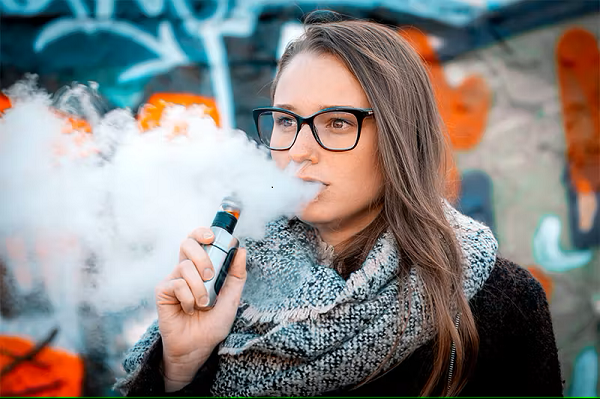Because it isn't found naturally in hemp plants, the narcotic Enforcement Administration (DEA) classifies the cannabinoid THC-O as a Schedule 1 narcotic that is banned under federal law. The agency wrote cannabis law expert Rod Kight a letter confirming their view.
In his explanation of the DEA opinion yesterday on his law blog, Kight, an attorney located in North Carolina who counsels hemp and marijuana enterprises, stated that he concurs with the agency about THC-O.
Kight stated that while hemp can produce cannabinoids, the hemp plant does not naturally express THCO. "It is a product of the lab; it is not found in nature, not from the hemp plant, anyway."
According to the DEA, businesses producing and distributing THC-O products are vulnerable to federal enforcement, which may involve seizures and legal action. They might also be subject to municipal or state police action.
What distinguishes THC-O from other cannabinoids generated from hemp?
THC-O is an acetate ester version of THC that is made by processing either delta 8 THC (derived from hemp-sourced CBD) or delta 9 THC (from marijuana) with acetic anhydride. (Recent research suggests that THC-O may be risky to vape or smoke since heating the acetate version of THC produces the lung-damaging chemical ketene.)
Among the various cannabinoids that have been commercially manufactured using laboratory procedures is THC-O. Delta 8 THC is the most widely used of these compounds, while delta 10 THC, HHC, and THCP have all become more well-known.
While THC-O does not also naturally occur in the hemp plant, at least not in very small levels, the other cannabinoids are also created commercially by processing hemp-derived CBD with heat or chemical catalysts. For this reason, THC-O is regarded as an unlawful Schedule 1 narcotic by the DEA.
THC-O is not protected by the recent Ninth Circuit ruling or the Farm Bill.
All hemp chemicals and derivatives are now allowed under the 2018 Farm Bill, provided that the amount of delta 9 THC in them is less than 0.3 percent. Additionally, the Ninth Circuit Court of Appeals determined last year that delta 8 THC qualifies as a federally lawful hemp derivative under the terms of the Farm Bill.
With the exception of THC-O, it appears that this ruling also covers all other widely used cannabinoids derived from hemp.
Rod Kight clarified, "D8 [Delta 8 THC] is distinguishable from THCO because the hemp plant naturally produces D8, but it does not produce THCO." From this angle, THCO should be correctly viewed as synthetic THC rather than "hemp," in contrast to D8. I have so constantly counseled clients not to produce or disseminate THCO.
"Responsibly regulating psychoactive cannabinoids, whether synthetic or naturally occurring, is necessary to safeguard public health and safety," National Cannabis Industry Association CEO Aaron Smith stated to Marijuana Moment. "Enacting reasonable federal regulations, ending national prohibition, and preserving the integrity of state-level cannabis laws across the nation are the only ways to successfully accomplish that goal."






